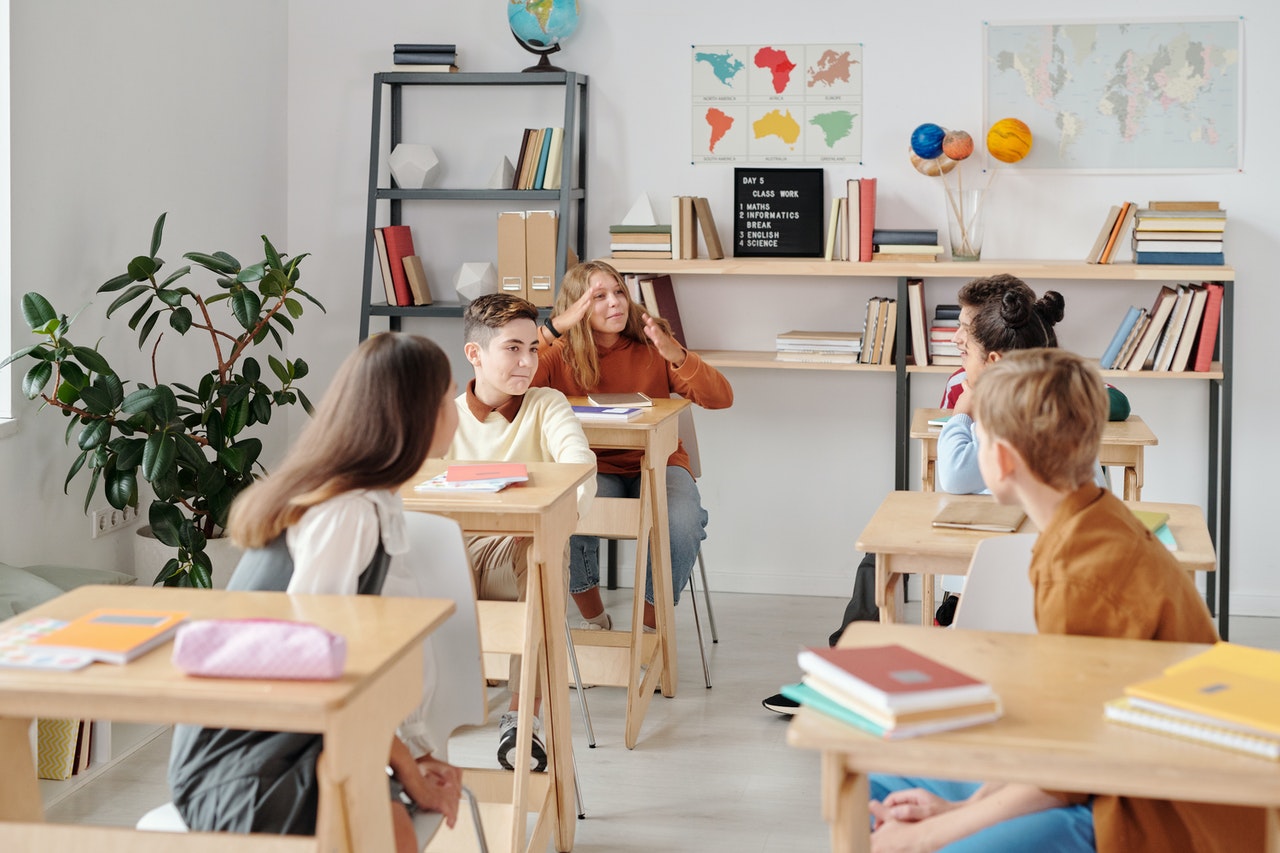Social Studies Intervention: Strategies to Help Students Catch Up

Are you looking for Social Studies interventions to help students who are struggling? Here are several strategies that you can try.
Eyewitness Account – A teaching tool in which students write, as if they were present at a specific event, through in-depth research that, as much as possible, places the writer at that moment. If you are teaching U.S. History, have students to complete an end of the year capstone in which they have write a fictional eyewitness account of an event that you all have studied. For example, some students may choose the Boston Massacre as their event, providing a detailed report of the event through the eyes of a patriot or maybe even a British soldier. The possibilities are endless.
First Person Experiences – An inquiry-based project in which individual students conduct research on a Social Studies related topic of their choosing and present their findings in the format of their choice. For instance, I once had a student wanted to research the pros and cons of the Columbian exchange. She conducted her preliminary research and decided to use a series of skits to present her findings.
Investigative Journals – A medium through which students record ideas about Social Studies topics they want to investigate or about their ongoing research, and that promotes inquiry, reflection, and critical thinking. Students should be encouraged to begin their journal entries with “I wonder,” which can serve as the basis for peer discussions or conversations in writing. Also, students should organize their journal around the five themes of Social Studies.
Oral History Project – A Social Studies project in which students use a variety of formats to honor and document the life history of someone of their choosing. Encourage students to choose people whom they admire and wish to learn more about.
What is Snapshots of History – A Social Studies teaching idea in which students create a tableau—a representation of a scene with groups of people who are stationary and silent—using an image of a historical event and then write a narrative in the first-person from the perspective of a specific individual in their tableau.
Quickwrites – An informal writing technique which can help ascertain students’ prior knowledge of specific topics, monitor comprehension, or summarize newly acquired knowledge. Students write what they know about a particular topic, which can then be used to determine a starting point for teaching, to evaluate student learning, and to plan future lessons. Because of this, Quickwrites make a great Social Studies intervention.
Tickets Out – An informal writing tool which facilitates student reflection on their learning whereby students answer two questions: (1) what is the most important thing you learned in class today? And (2) what questions do you have about what you learned today? Students respond to the first and second questions, usually, by writing their answers on the front and backside of a graphic organizer, respectively. This intervention works exceptionally well in Social Studies classrooms.
Travelogues – An inquiry-based writing activity in which students record their virtual visits to countries wherein a historic event has occurred. Travelogues can be created in various formats including a travel journal, a PowerPoint presentation, or a video.
What did we miss?





